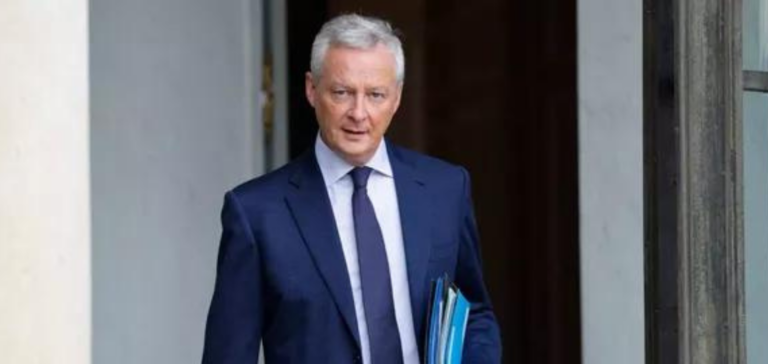France is on the brink of a significant change in electricity price regulation, with an imminent agreement between the government and Électricité de France (EDF). These negotiations, which have been going on for several months, aim to establish a new model for regulating electricity tariffs, anticipating the end of the current mechanism in 2025.
Reference Price Definition and Economic Issues
The main aim of these discussions is to define a reference price for electricity that reflects production costs, particularly for nuclear power, France’s major energy source. According to the French Energy Regulatory Commission, these costs are estimated at around 60 euros per MWh, well below the 70 euros estimated by EDF.
Price visibility and stability for consumers
Bruno Le Maire, French Minister of the Economy, expresses his conviction that a favorable agreement is within reach. In his view, this agreement will not only guarantee a degree of sovereignty over electricity prices, but also provide long-term visibility and stability for consumers, whether individuals or businesses.
Balancing price attractiveness and EDF investments
The agreement also aims to ensure that electricity prices reflect national production costs, whether nuclear or renewable. This strategy is designed to boost France’s competitiveness while preserving its energy independence.
Another crucial aspect of this negotiation is the balance between attractive tariffs for consumers and the need for EDF to generate sufficient profits to invest in the future, notably in renewable energies and new nuclear reactors.
This planned agreement between the French government and EDF represents a delicate balance between economic needs, environmental imperatives and the need to preserve energy sovereignty. It is seen as a crucial step for France’s energy future, offering much-needed stability in a constantly evolving sector.






















